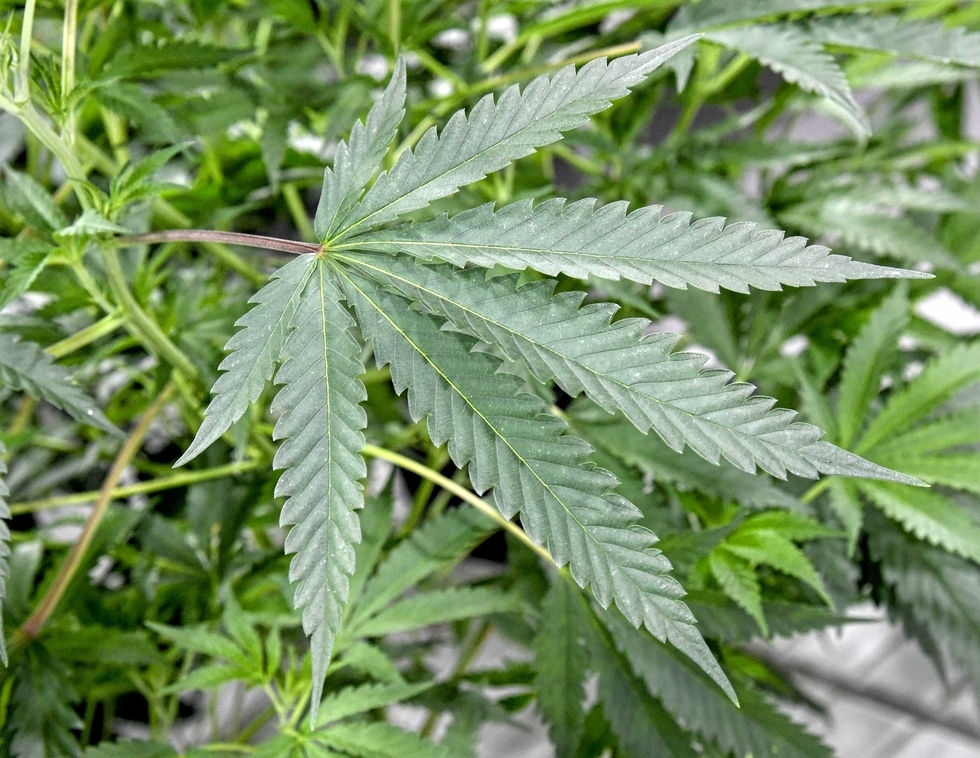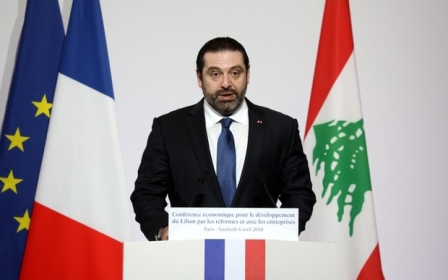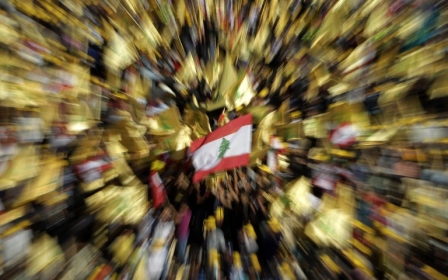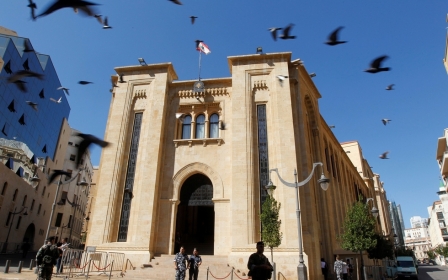Cannabis and avocados: Can they save Lebanon's economy?

Cannabis and avocados are among the exports which could help open up Lebanon's ailing economy, a firm hired by the world's most indebted nation has reportedly suggested.
US-based McKinsey & Co. propose the country legalise production of the drug already widely grown in eastern Lebanon and open its produce to new markets. The report also suggested Lebanon set itself up as a provider of homes in battle-battered areas of Syria and Iraq, Bloomberg reported.
In January, Lebanon hired the firm to draw-up a plan on how to restructure their fragile economy, which leans heavily on banking and remittances from the millions of Lebanese living abroad.
Raed Khoury, the acting economy and trade minister, said utilising the cannabis already grown in Lebanon's Bekaa Valley to supply medicinal cannabis markets could become a billion dollar industry.
He described Lebanon's Cannabis as "one of the best in the world".
Traditionally the government has tried to tackle its cultivation by Lebanese farmers and more recently, Syrian refugees.
Canada legalised recreational use of cannabis in June while parts of the US have in recent years allowed sales for medicinal purposes. Latin America has also increasingly shifted towards legalising the drug, including Colombia which has proposed encouraging farmers to grow cannabis for medicinal production instead of the coca leaf used in cocaine.
The report suggested both short-term fixes for the economy and more deep-rooted reforms that would require tackling corruption and making Lebanon a hub for investment.
McKinsey also suggested Lebanon take advantage of its increasing production of avocados, second highest in the Arab world, to tap into a global market predicted to be worth $23bn by 2027.
Khoury told Bloomberg that the economic plan was crucial for Lebanon to start receiving $11bn of funds pledged by the international community in April.
Theme parks and tech zones
There has been growing concern about the sustainability of Lebanon's economic model, which relies on foreign reserves and borrowing from banks to maintain currency stability.
The country's debt is estimated at around three times the size of the economy. Aoun warned in March that Lebanon was on the verge of bankruptcy.
The McKinsey report also proposed boosting Lebanon's tourism industry and building industrial parks. The firm suggested that building a technology zone near the Syrian border could position Lebanon well for assisting in the reconstruction of Syria and Iraq, reported Lebanese newspaper The Daily Star.
Stay informed with MEE's newsletters
Sign up to get the latest alerts, insights and analysis, starting with Turkey Unpacked
Middle East Eye delivers independent and unrivalled coverage and analysis of the Middle East, North Africa and beyond. To learn more about republishing this content and the associated fees, please fill out this form. More about MEE can be found here.




